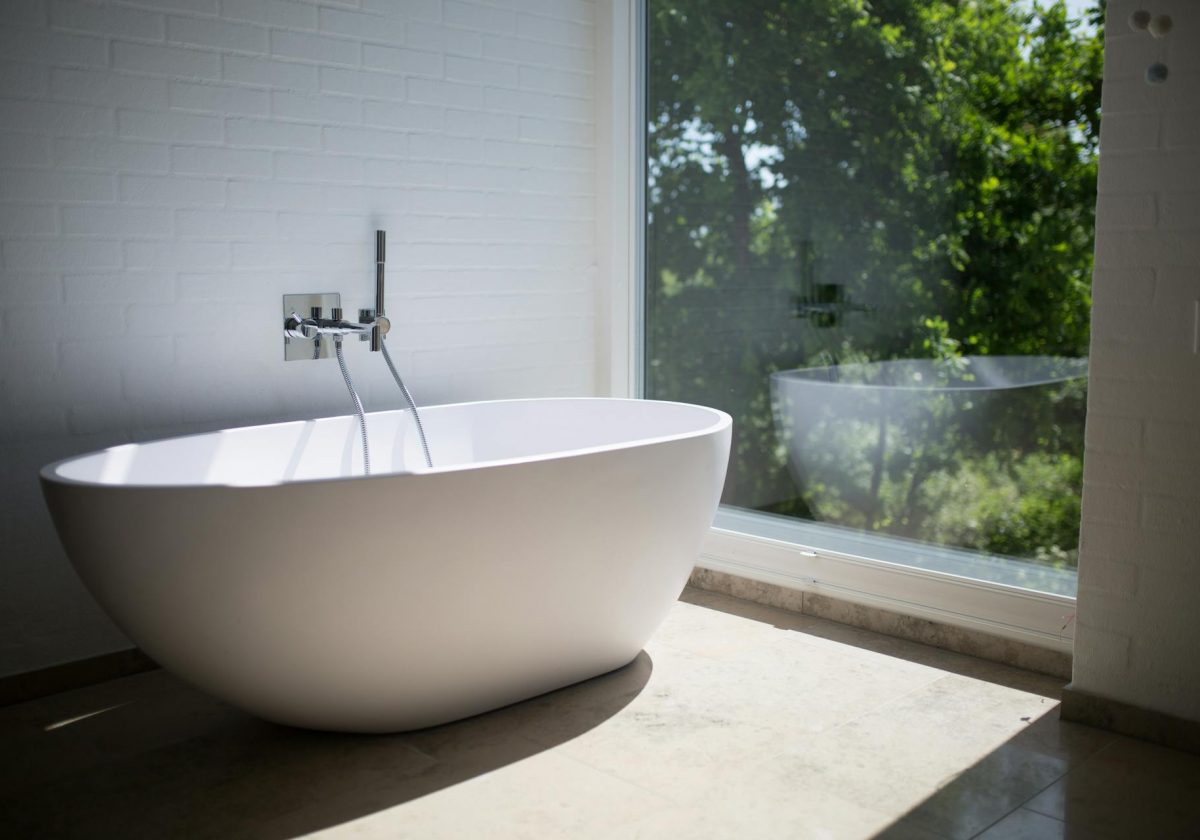An air purifier is a device that cleans the air in your home. It can limit harmful residues, such as dust and allergens, and can prevent asthma and allergies. Air purifiers are different from air humidifiers and ionisers, which remove toxins from the air in different ways.
They are used in closed and open spaces, as well as in medical facilities and schools. There are several aspects that you need to consider when choosing the best air purifier.
Filter Technology
When buying an air purifier, it is important to choose the right filter technology. Depending on the technology, the purifier may be effective in removing certain pollutants from the air, or it may just be ineffective.
The best air purifiers will utilize carbon filters. Some of these are more expensive than others, but they are effective and reliable. Activated carbon is used in decaffeinating coffee and purifying gold.
Alternatively, there are also filters made of polypropylene or plastic. These filters are durable and often washable, making them ideal for long-term use. These are environmentally friendly as well, which makes them an attractive option for air purification.
When choosing an air purifier, you need to think about the filter technology it has. There are various filter technologies, including UV light, carbon, and activated carbon. Activated carbon filters have a high absorption capacity and chemical bonding ability, which makes them a good choice for removing air pollutants.
They are effective in neutralizing odors and gases and are often recommended for those who suffer from Multiple Chemical Sensitivity. UV light is a type of shortwave light that is highly effective in disinfecting air.
Size of the Room
When choosing an air purifier, you need to take into account the size of the room. The square footage of your room should be determined by measuring the length and width of two walls. Then, multiply those figures by two to determine the square footage of the room. For example, if you have a 200 square foot living room and a 180 square foot dining room, you’ll need an air purifier that covers both rooms.
Air purifiers come in all shapes and sizes. The manufacturer will often list the maximum square footage it can clean. Manufacturers will often list the maximum square footage their units can purify, and this number should be taken into account.
Once you’ve determined how much space you need to cover, you’ll need to consider the CADR. Typically, an air purifier with a high CADR rating is more effective than a smaller model, but the size of the room should also be taken into account.
CADR Rating
The CADR rating is a standard measure of how effective an air purifier is at removing airborne contaminants. The higher the CADR number, the faster the air purifier will clear the air. Some air purifiers have specific CADR scores for certain pollutants, such as pollen, dust, and smoke. Companies that include this metric in their air purifiers tend to produce more effective air purifiers.
The CADR rating is important because it indicates how efficient a purifier is in removing a variety of pollutants. These air pollutants can range in size from 0.1 microns to many millimeters. Because smaller particles can enter the lungs and respiratory system, the higher the CADR, the more effective the purifier will be at purifying the air in a room.
CADR is a metric used by air purifier manufacturers to compare the effectiveness of their products. It measures how much air a unit purifies, based on the airflow volume and filtration efficiency. The test covers three types of airborne particles: pollen, dust, and smoke.
Power Consumption
Before buying an air purifier, it’s important to know how much power it will use. This information will be stamped on the label. It will also include the wattage (W) and kilowatts (kW), which are the units used to measure electricity consumption. A kilowatt equals 1000 watts.
Air purifiers draw a large amount of electricity. To figure out the exact amount of power a particular model uses, check the product specifications.
Some air purifiers have extra features such as a heater, which can use up to 1,500 watts of power. To minimize your power consumption, purchase an air purifier that’s sized for your room size. Choosing a large unit for a small room will only lead to unnecessary electricity use and a lower air quality.
Energy Efficiency
The energy efficiency of an air purifier has a great deal to do with the type of filter it uses. Some filters are more energy efficient than others, so you may want to look for one with an Energy Star rating.
These types of units will use much less energy than standard models and will typically use HEPA or carbon filters. There are many different types of air purifiers, so make sure to compare a few models before making your purchase.
Energy efficiency is an important factor to consider when purchasing an air purifier. The average air purifier consumes 550 kilowatt-hours of electricity annually, which is equivalent to the amount used by a modern refrigerator. To reduce this consumption, choose a model with an ENERGY STAR rating.
The best energy-efficient air purifiers can also save up to 40% on energy bills compared to a standard air purifier. When choosing an air purifier, make sure the unit is sized appropriately for the space where you want it to be installed.
Costs
The cost of an air purifier varies. Some cost under $100 while others cost up to $1000 or more. Prices depend on features such as filters, digital and remote controls, programmable timers, and air quality sensors. One of the biggest costs associated with an air purifier is filter replacement.
Most air purifiers require changing filters one to two times per year. Replacement filters can cost as little as $20 or as much as $200. You should also consider how frequently you use your air purifier. If you use it sporadically, you should only replace the filter every three months.
Noise
You should know that the amount of noise an air purifier produces is measured in decibels. Air purifiers with a low noise level will be labeled as such. Noise levels vary according to model, so you should be aware of your personal preferences before making a purchase.
If you suffer from sleep disturbances, noise level may impact your ability to sleep. Many air purifiers boast noise-reduction abilities that can make it easier to sleep at night. You can fiddle with its settings to find the perfect level of quietness for your room, or you can place the air purifier in a room that is quiet.






